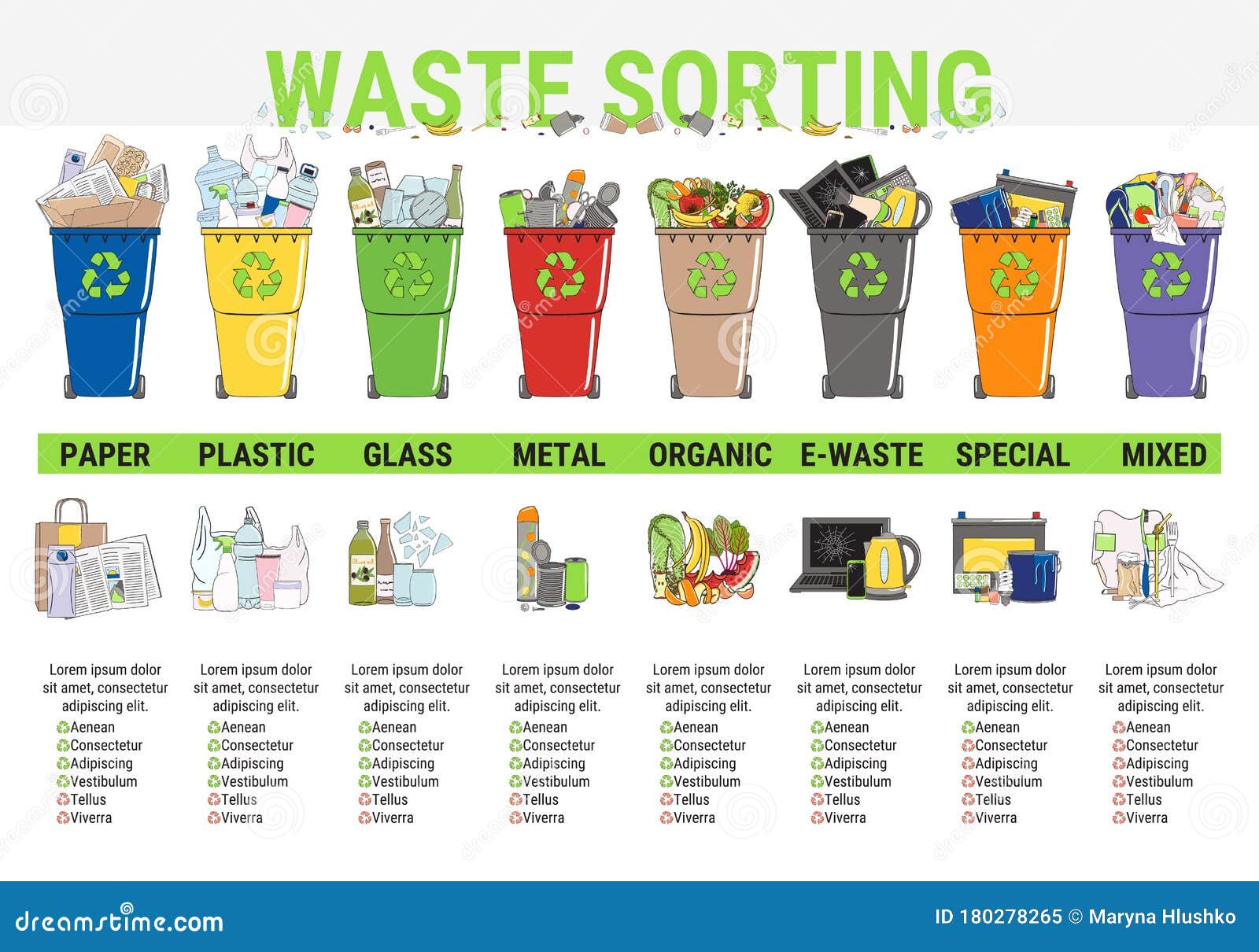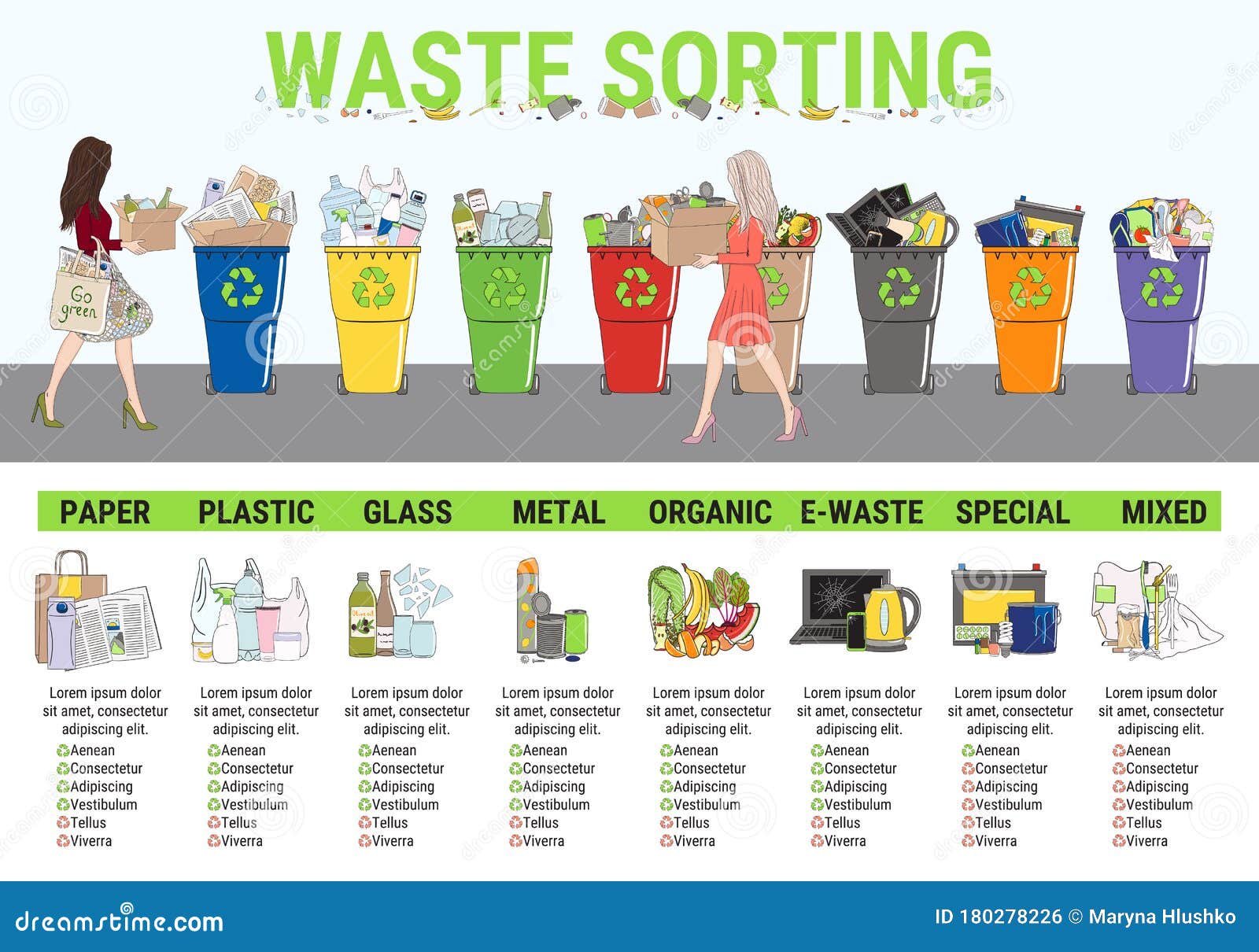Understanding Home Waste Collection: A Comprehensive Guide
Related Articles: Understanding Home Waste Collection: A Comprehensive Guide
Introduction
In this auspicious occasion, we are delighted to delve into the intriguing topic related to Understanding Home Waste Collection: A Comprehensive Guide. Let’s weave interesting information and offer fresh perspectives to the readers.
Table of Content
Understanding Home Waste Collection: A Comprehensive Guide

Waste management is an essential aspect of modern life, and its efficient handling directly impacts our environment, health, and overall well-being. Home waste collection plays a crucial role in this process, ensuring that the materials we discard are collected, sorted, and disposed of responsibly. This comprehensive guide provides an in-depth understanding of home waste collection, its importance, and how it benefits both individuals and the community.
The Importance of Home Waste Collection
Waste collection services are not merely about removing unwanted items from our homes. They are integral to a sustainable society, contributing to several key areas:
1. Environmental Protection: Proper waste collection prevents the accumulation of garbage, which can lead to environmental degradation. Landfills, the final destination for much of our waste, can contaminate groundwater, release harmful gases, and attract pests. Efficient collection and recycling programs minimize the volume of waste reaching landfills, reducing these environmental risks.
2. Public Health: Uncollected garbage poses a significant threat to public health. It attracts rodents and insects, which can spread diseases. Waste collection ensures that potentially hazardous materials, such as medical waste, are disposed of safely, preventing the spread of infections.
3. Resource Recovery: Waste collection is not just about disposal; it also involves resource recovery. Recycling programs, often integrated with waste collection services, allow us to reclaim valuable materials from discarded items. This process conserves natural resources and reduces the need for new extraction, contributing to a more sustainable future.
4. Community Well-being: Efficient waste collection contributes to a clean and healthy environment for everyone. It improves aesthetics, reduces unpleasant odors, and creates a more pleasant living experience for residents.
Home Waste Collection Services: A Closer Look
Home waste collection services vary depending on the region and the waste management system in place. However, they generally involve the following key elements:
1. Collection Schedule: Waste collection services operate on a regular schedule, typically weekly or bi-weekly. Residents are expected to place their waste containers at designated locations on collection days.
2. Waste Container Types: Most services provide specific containers for different waste streams, such as:
- General Waste (Garbage): This container is for non-recyclable items, including food scraps, paper towels, and plastic bags.
- Recycling: This container is for recyclable materials like paper, cardboard, glass, metal, and plastic containers.
- Green Waste (Yard Waste): This container is for garden waste, such as leaves, grass clippings, and branches.
- Hazardous Waste: Some services offer separate collection for hazardous materials like batteries, paint, and chemicals.
3. Waste Sorting and Processing: Once collected, waste is transported to a processing facility. Here, it is sorted, recycled, or sent to a landfill. The specific methods employed vary depending on the local waste management system.
4. Waste Disposal Options: The final destination for waste depends on its composition. Recyclable materials are processed and remanufactured into new products. General waste, after sorting, is often sent to landfills for disposal.
Benefits of Home Waste Collection
Beyond the environmental and health benefits outlined earlier, home waste collection offers several advantages for residents:
1. Convenience: Waste collection services relieve residents of the burden of transporting and disposing of their waste. This convenience saves time, effort, and reduces the risk of injury.
2. Reduced Risk of Pests: Efficient waste collection minimizes the presence of rodents, insects, and other pests attracted to garbage. This improves hygiene and reduces the risk of disease transmission.
3. Environmental Responsibility: By participating in waste collection programs, residents contribute to environmental sustainability. They reduce the volume of waste reaching landfills, conserve natural resources, and minimize pollution.
4. Community Cohesion: Effective waste collection fosters a sense of shared responsibility and community pride. It contributes to a cleaner, healthier, and more aesthetically pleasing environment for everyone.
FAQs about Home Waste Collection
1. What types of waste are collected?
Waste collection services typically collect general waste, recyclables, and green waste. Some services also offer separate collection for hazardous materials.
2. How often is waste collected?
Collection schedules vary depending on the region and the service provider. Most services operate on a weekly or bi-weekly basis.
3. What are the guidelines for placing waste containers?
Residents are typically instructed to place their waste containers at designated locations on collection days. Specific guidelines may vary depending on the service provider.
4. What happens to the waste after collection?
Collected waste is transported to a processing facility where it is sorted, recycled, or sent to a landfill. The specific methods employed depend on the local waste management system.
5. How can I find information about my local waste collection service?
Information about local waste collection services can typically be found on the website of your local municipality or waste management company.
Tips for Optimizing Home Waste Collection
1. Reduce Waste at Source: The most effective way to manage waste is to reduce it at the source. This involves making conscious choices to minimize waste generation, such as:
- Buying products with minimal packaging.
- Using reusable bags and containers.
- Composting food scraps and yard waste.
- Reducing single-use items.
2. Sort Waste Properly: Sorting waste accurately is crucial for maximizing recycling rates. Familiarize yourself with the local recycling guidelines and ensure that you are placing items in the correct containers.
3. Use Containers Effectively: Utilize the designated containers appropriately. Avoid overfilling containers, as this can lead to spills and attract pests.
4. Participate in Community Programs: Support local initiatives aimed at promoting waste reduction and recycling. Attend community events, volunteer for cleanup efforts, and engage in discussions about waste management.
Conclusion
Home waste collection is an essential service that contributes significantly to environmental protection, public health, and community well-being. By understanding the importance of this service, following local guidelines, and actively participating in waste reduction and recycling programs, individuals can play a vital role in creating a cleaner, healthier, and more sustainable future for all.








Closure
Thus, we hope this article has provided valuable insights into Understanding Home Waste Collection: A Comprehensive Guide. We hope you find this article informative and beneficial. See you in our next article!